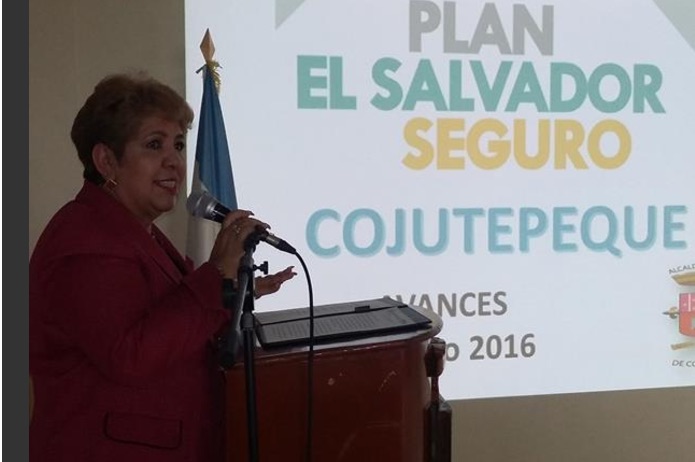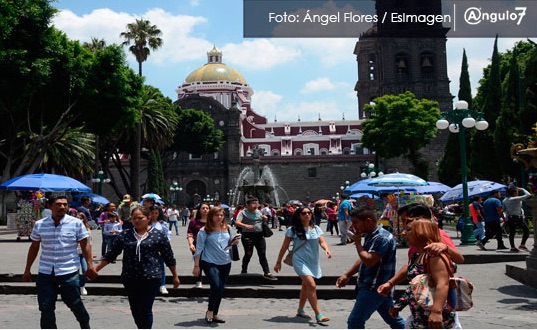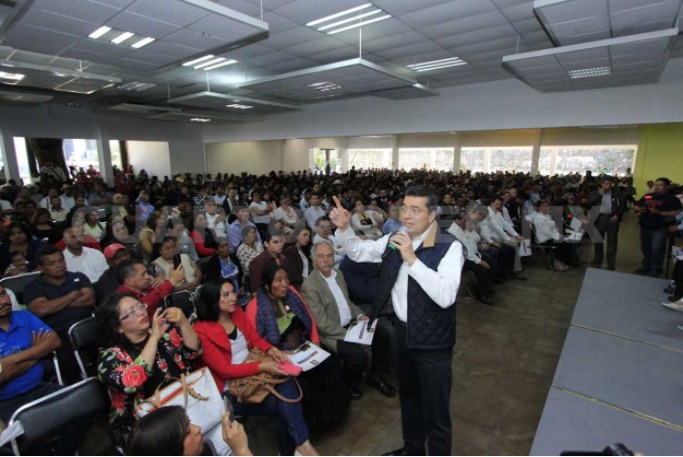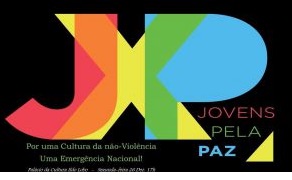FREE FLOW OF INFORMATION
Letter from the World Social Forum 2018
The Brazilian Collective of Organizations and Social Movements, which is the articulating space of the WSF 2018, is hereby inviting the people, organizations, social movements, networks and platforms of movements from Brazil, Latin America and the World to join the process of organization and implementation of the 2018 World Social Forum to be held in Brazil, from March 13 to 17, 2018, in Salvador, Bahia.
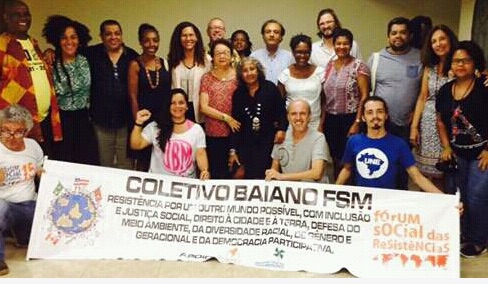
Baiano Collective for the WSF
(Click on photo to enlarge)
The International Council of the WSF, at its latest meeting in January 2017 in Porto Alegre, considered it urgent and necessary to hold a world edition of the WSF in March 2018, in Salvador, due to the severity of the economic, social, environmental and economic crises, including the crisis of democratic values that mankind is experiencing. The growth of reactionary and authoritarian thought, in Brazil, in Latin America and in the World, places us all advocates of a new world in the framework of solidarity, social justice, democracy and peace, in a state of alert and permanent mobilization, and demands a process of articulation and world unity of social movements for the struggle of resistance and transformation of the chaotic reality that afflicts humanity.
The World Social Forum has consolidated itself as an open space of horizontal and plural encounter for the democratic debate of ideas, the formulation of proposals, the free exchange of experiences and the articulation for effective actions by organizations and movements of the planetary civil society that oppose the control by capital and by any form of imperialism. It is a worldwide process that seeks to build alternatives to neoliberal globalization and has sought to strengthen the articulations of social movements, networks and other forms of articulation of civil society in national and international spheres increasing the capacity of social resistance, with plurality, to the process dehumanization that the world is experiencing.
(Article continued in right column)
(Click here for the article in French.)
World Social Forums, Advancing the Global Movement for a Culture of Peace?
(Article continued from left column)
In this sense, facing the serious global civilization crisis, the WSF 2018, in Salvador, is a great opportunity to unite alter-globalist movements to think common solutions for humanity, in a democratic perspective of solidarity and respect for diversities, that seek to face the causes of various forms of violence and of social and regional inequalities.
Brazil and Bahia, in particular, are spaces where resistance movements have expanded in recent months in the face of attacks by national and international conservative sectors. Here, it is sought to reflect on the errors and achievements of the strategies adopted by democratic and popular forces in the latest historical period. For this reason, an edition of the WSF in Salvador will be a great opportunity to unite these various experiences of resisting, in a fraternal and committed way, to think about effective actions to confront the authoritarian thoughts that take shape in Brazil and in the World.
The choice of the motto, to resist is to create, to resist is to transform indicates that, for the Brazilian Collective, our resistance carries the germ of the new. We understand that in this world-wide process of peoples’ struggles, territories and movements against neoliberalism, against imperialism and against environmental degradation, we are constructing, in practice, day-to-day alternatives to another possible world.
Therefore, the WSF International Council and the WSF 2018 Facilitation Committee call on the world citizens committed to the construction of a society that is solidaire, radically democratic, environmentally sustainable and socially just, to join the process of organizing and holding the 2018 World Social Forum. The participation of all and everyone is fundamental to the future of our utopias.
São Paulo, August 18, 2017
Brazilian Collective of the WSF 2018
Replies should be sent to: forumsocialmundial@fsm2018.org or through the website www.fsm2018.org. Please let us know your name and organization in your reply to this WSF call


